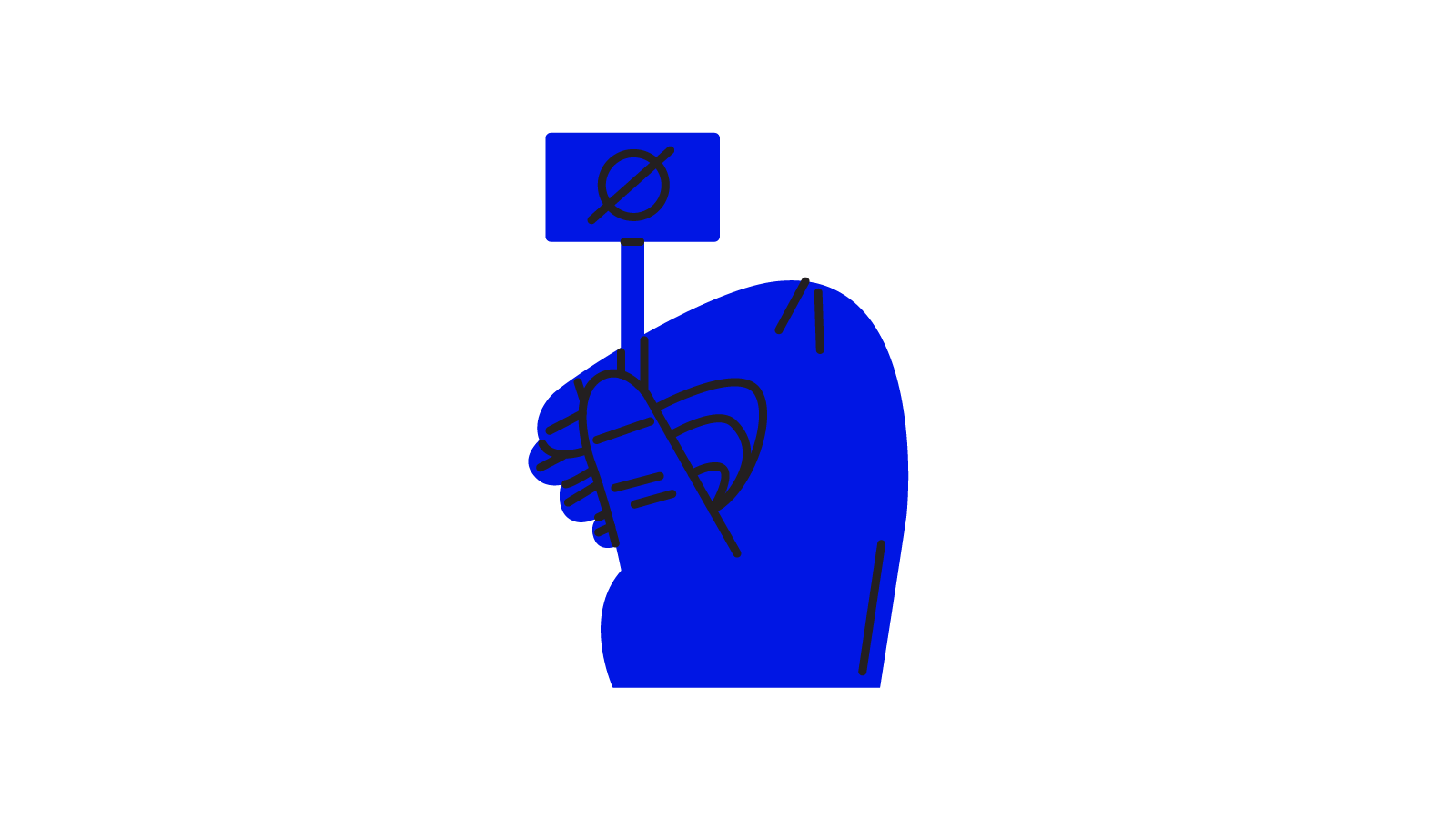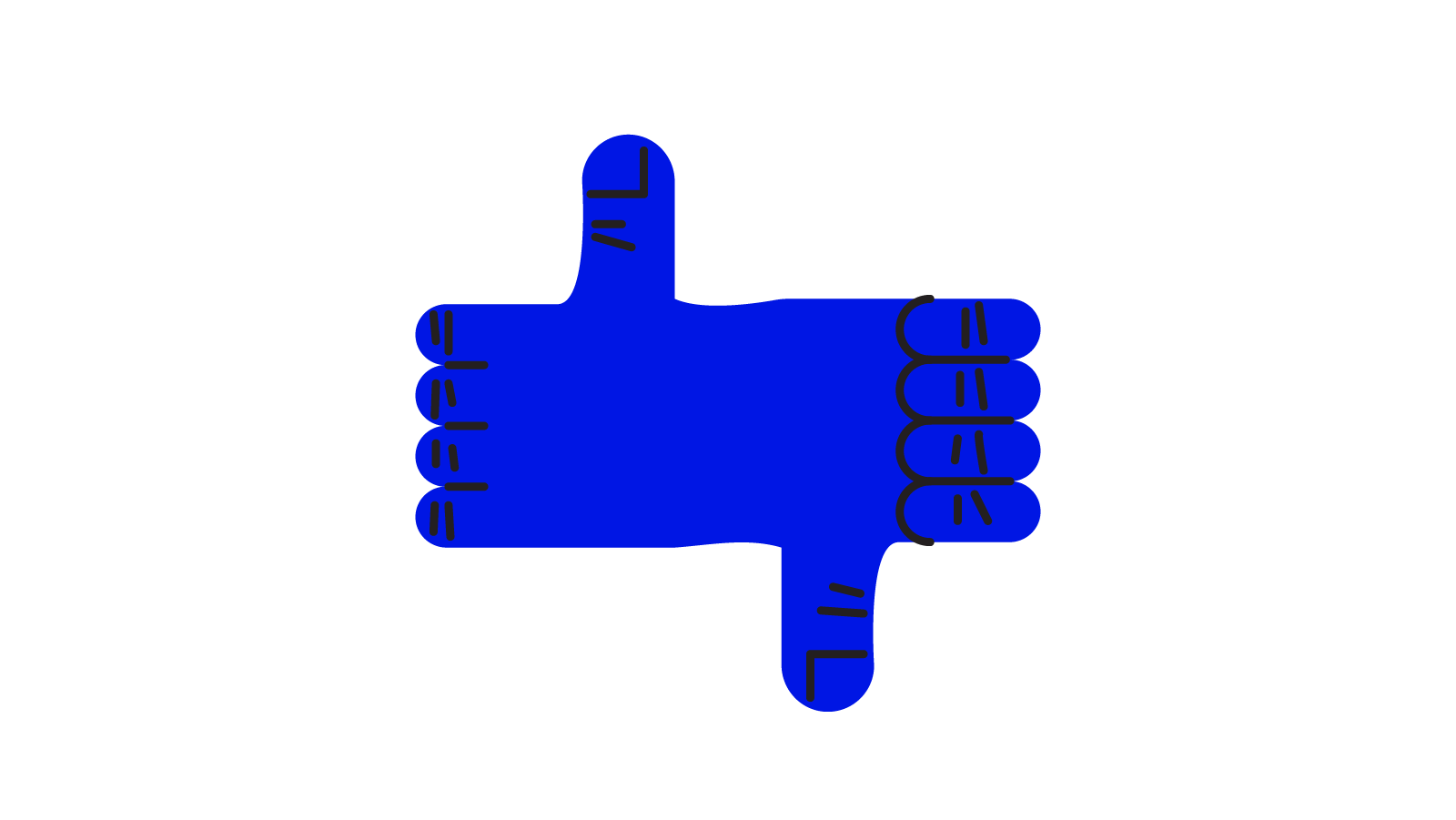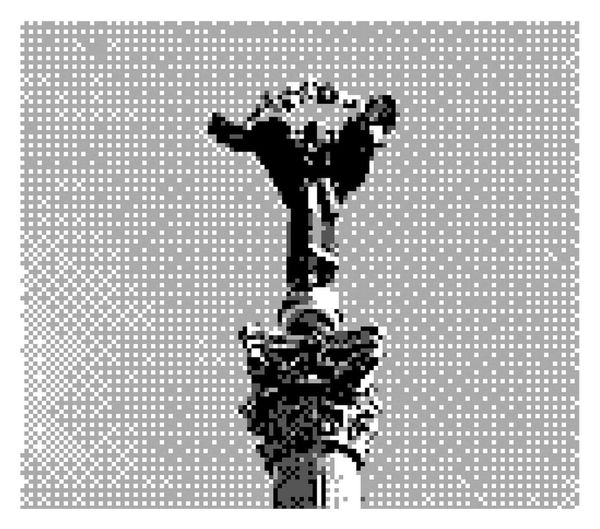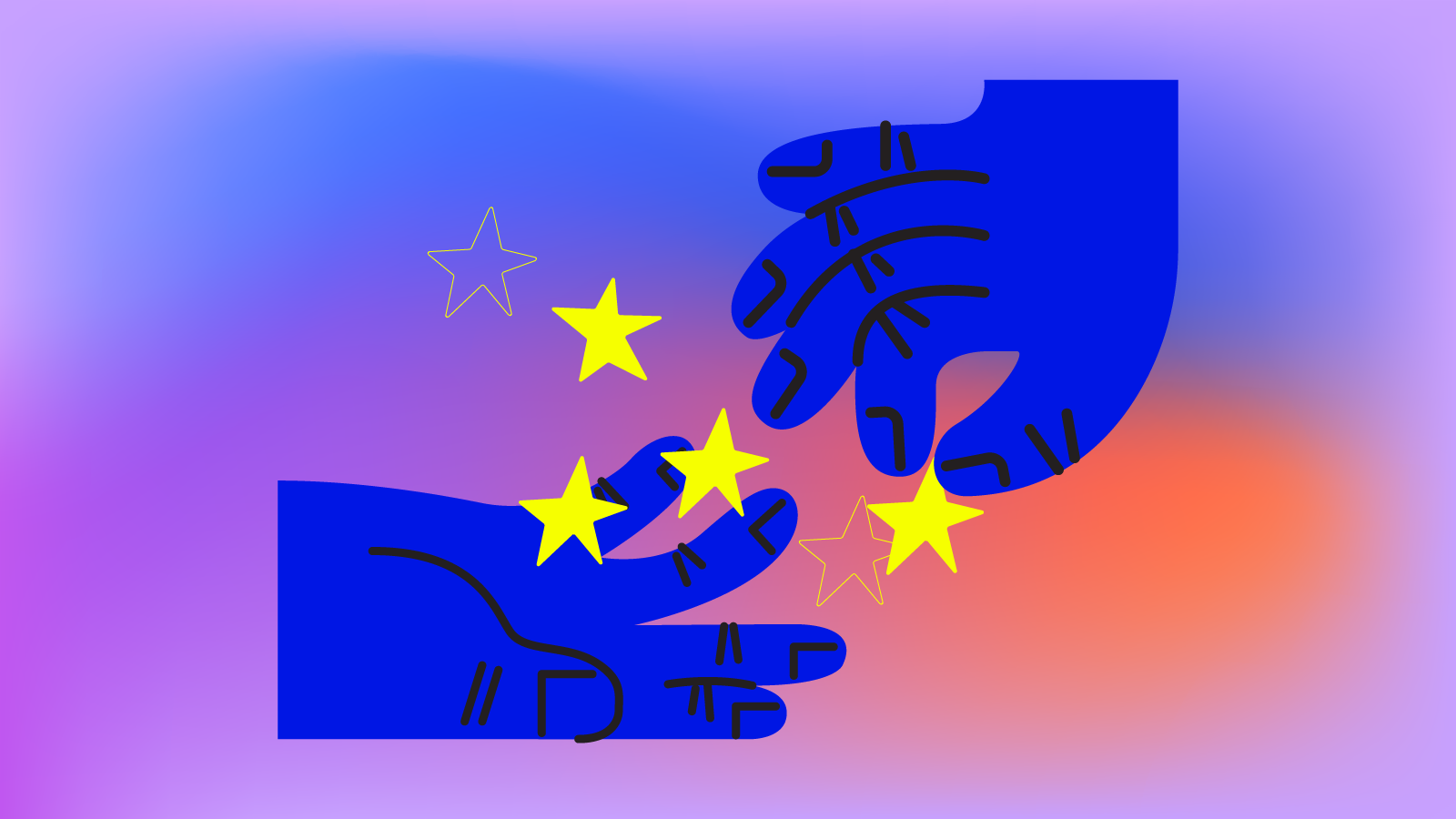On Tuesday, 30 May, a demonstration took place in Prague. The demonstrators were protesting against the deployment of a US military base in Czechia, which is a symbolic issue for more than one reason.
A tense demonstration took place in Prague on 30 May when hundreds of people gathered in the streets to protest the deployment of a US military base in the Czech Republic. Around 400 people turned up at 3 p.m. and were later joined by others, with the police soon arriving as well. The main tension was actually caused by motorcyclists who deliberately tried to create confusion among the demonstrators, presumably because of differences of opinion: while the protesters were clearly anti-American, some of the motorbikes were reportedly carrying US flags. While the motorcyclists tried to boycott the demonstration by revving their vehicles and weaving through the crowd, some demonstrators tried to grab them.
Several Czech political figures attended the demonstration, including Kateřina Konečná, a member of the Communist Party (KSČM), who harangued the participants by saying that US soldiers do not pay taxes in Czechia. Some people even had a Russian flag, which raises several questions. So, how much is the situation concerning the war changing in our region?
The case in Prague is by no means unique: there is a growing anti-American and anti-Western sentiment in Central and Eastern Europe. In Slovakia, for example, support for NATO has dropped significantly, from 72% to 58%, just as support for EU membership, which now stands at 64%, down from 77% last year. The survey was carried out by an independent organization, GLOBSEC, which asked 8,000 people about their views on a range of current issues, including the war in Ukraine. According to their results, only 40% of the respondents think that mainly Russia is responsible for the war, 34% blame the West, and 17% think Ukraine is responsible for the conflict. Robert Vass, President of GLOBSEC, said that while in some countries, the war is unifying the population, in others, it can be a highly polarizing question, especially because of misleading propaganda. And Slovakia is in the latter category. „The populations of some states have become even more united on foreign policy orientation, meaning Western engagement and Euro-Atlantic integration. On the other hand, in others, such as Slovakia, the spread of misleading propaganda has increased, which divides society, undermines democracy, and weakens the unity of the Euro-Atlantic camp,” said the organization’s president.

In Poland, another CEE country, NATO’s popularity seems to remain strong, with only a slight drop compared to the last year: According to Statista data, support for the military alliance stood at 92% in March 2023, compared to 94% last year. However, the ruling right-wing conservative party Law and Justice (PiS) often has a Eurosceptic voice, which in many cases feels justified. The party’s leader, Jarosław Kaczyński, has repeatedly used anti-German and anti-EU rhetoric and said Western Europe is „culturally alien” to Poland.
Still, despite the Eurosceptic tone of the PiS, Poles are strongly pro-EU. According to recent figures, around 85% of the population favors EU membership, which is a very high number, though down by 10% compared to last year. The survey, carried out by the state-run Polish opinion pollster CBOS, asked 1,081 people and showed that only 10% of Poles are against their country’s membership of the EU. Interestingly, the Polish and Central and Eastern European figures, in general, are still outstanding compared to the EU’s popularity in Western European societies: In 2019, French support for the EU stood at 51%, 4% lower than in the UK at the time, with Italians at 58% and the Dutch at 66%.

Returning to our region, Czech society is less in favor of EU membership compared to Poles: According to a survey conducted in January 2023, 70.8% of Czechs would like the country to remain a member of the European Union, while 29.2% would prefer to leave the EU, which is a very high figure compared to other EU societies. Still, it should be noted that Czechia has had particular Eurosceptic attitudes to various degrees since the country joined the EU in 2004. The main reasons behind this characteristic have been some influential politicians with anti-EU voices, such as former Czech President Václav Klaus, and crisis situations (e.g., the refugee crisis) when blaming the EU for the developments was easy. Nonetheless, Czech constituents voted for Petr Pavel in the recent election, who easily defeated right-wing Andrej Babiš, receiving 58.3% of the votes. The results can be interpreted as a turn to the West, as Pavel, who is a former Chair of the NATO Military Committee, strongly and explicitly supports the Western alliances and won the election by campaigning with Western values.
Hungarian society’s support for the EU appears to have dropped significantly, with only 39% „thinking positively” about the European Union at the beginning of this year, compared to 51% in mid-2022. This figure is 6% below the EU average. 42% are neutral about the EU, while 19% have a negative opinion of it. Hungarians’ confidence in the EU also showed a downward trend: while 56% said they trusted the EU last summer, the figure was only 50% this winter. Moreover, the Eurobarometer survey found that the drop in popularity was particularly huge among the youth.
Graphics: Roland Molnár

Chaos, revolt, sensuality | Lingerie designer Valeriia Zhilyova

Bird feeder using artificial intelligence: the Bird Buddy!










